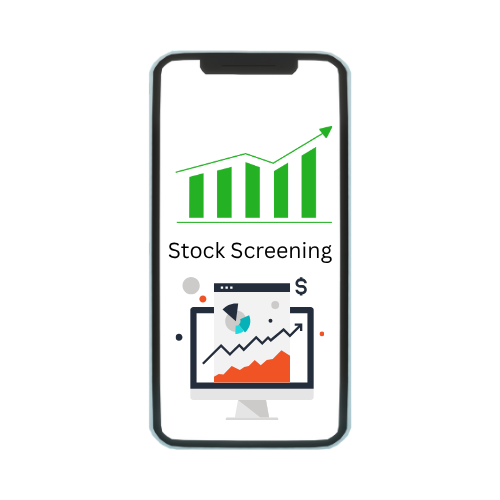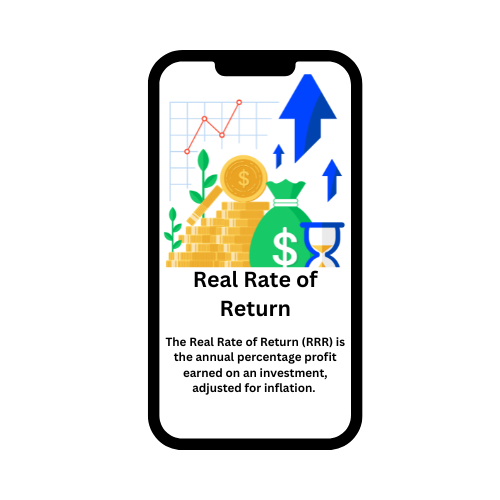A financial instrument that is based on the value of underlying securities, such as stocks, is referred to as an option. Depending on the kind of contract they possess, an options contract gives the buyer the chance to buy or sell the underlying asset. In contrast to futures, if the holder decides not to buy or sell the asset, they are not obligated to do so.
There will be a set deadline by which the option holder must exercise their right under each options contract. The striking price is the amount that is specified on an option. Online or retail brokers are frequently used to buy and sell options.
Financial options are flexible products. These agreements typically involve a buyer and a seller, with the buyer paying a premium in exchange for the rights provided under the agreement. Call options give the owner the ability to purchase the asset at a specified price within a predetermined timeframe. Contrarily, put options permit the holder to sell the asset at a specified price within a predetermined timeframe. There is a bullish buyer and a bearish seller for every call option, whereas there is a bearish buyer and a bullish seller for every put option.
Options are bought and sold by traders and investors for a variety of reasons. A trader can keep a leveraged position in an asset at a cheaper cost than purchasing shares of the asset by engaging in options speculation. Using options, investors can hedge or lower their portfolios’ risk exposure.
When the option holder purchases call options or starts writing options, they may be able to make money. One of the simplest methods to invest in oil is through options. The two crucial figures for options traders to keep an eye on in order to make the best investment selections are an option’s daily trading volume and open interest.




